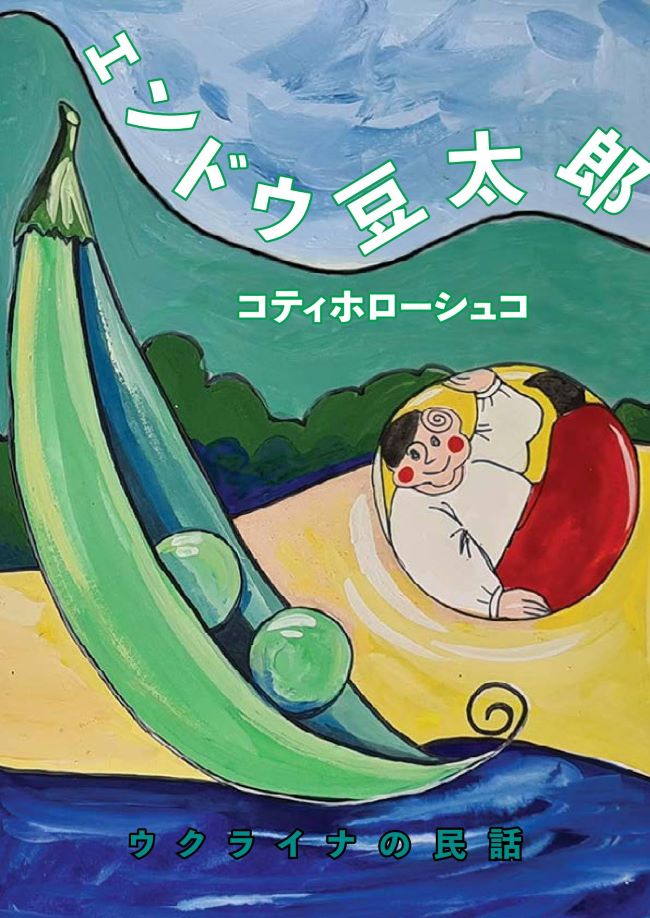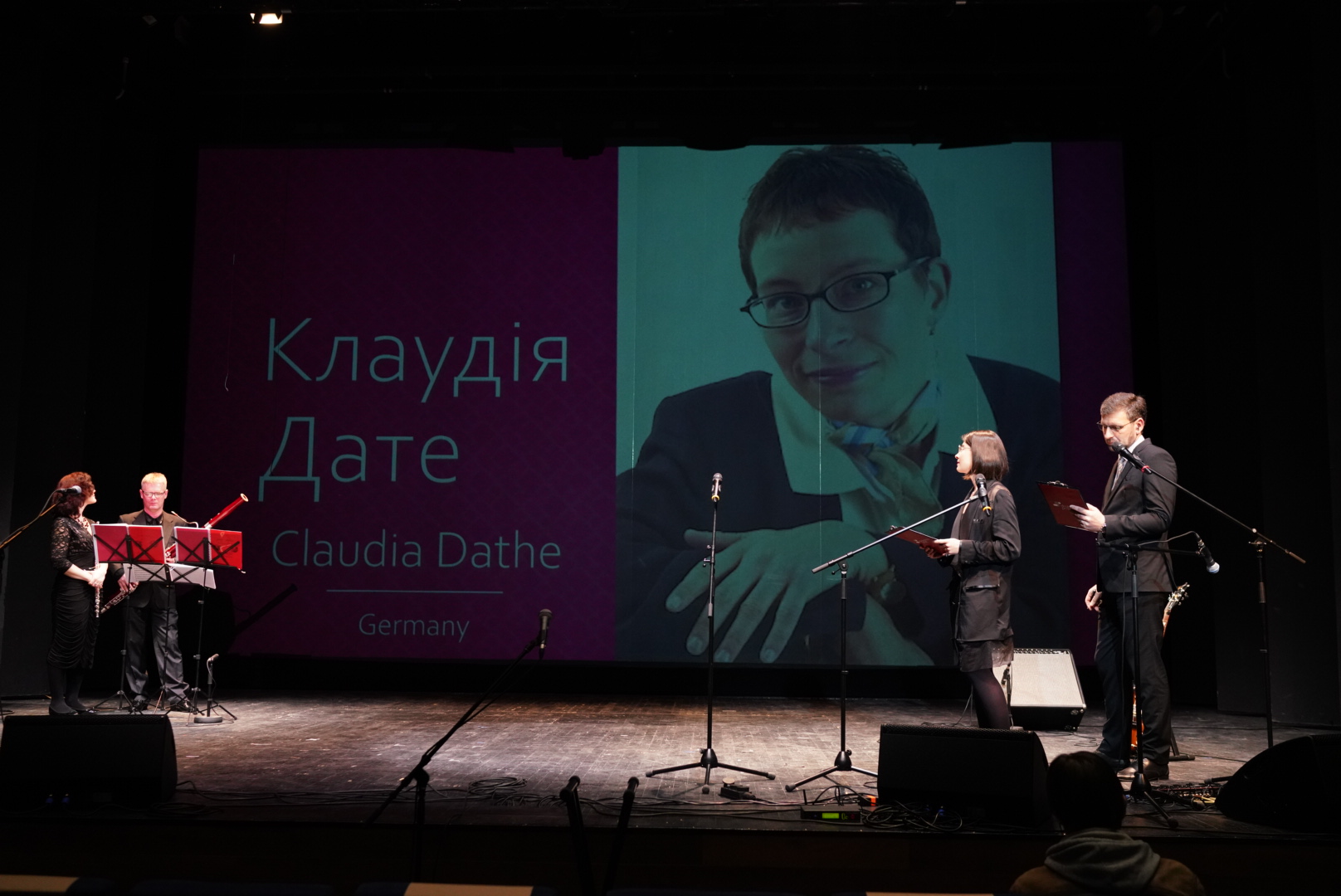PEN Award-Winning Poet and Literary Translator Stephen Komarnyckyj is teaching an online creative writing course that uses his translations of Ukrainian poetry to inspire poetry writing in English. The course is being taught at The Poetry School, a national arts organization and the main hub for teaching poetry in the United Kingdom.
Ukraine is the largest country whose borders are entirely in Europe, but it remains oddly invisible on the international literary landscape. It was occupied by Russia for three hundred years and the language was frequently prohibited, Ukrainian books were burnt and a whole generation of authors, known as the Executed Renaissance, was destroyed by Stalin in the nineteen-thirties.
Yet Ukraine, despite the repression of the Tsarist and Soviet eras, developed a literature of “rebels and risk-takers” in the words of Cambridge University’s Rory Finnin. Taras Shevchenko (1814-1861) is the only major European poet to have fought his way out of serfdom and become a great writer. His work largely founded modern Ukrainian poetry. Lesya Ukrainka (1871-1913) was a pioneering feminist, one of a trio of great Ukrainian female writers who left startlingly original work. Her plays, like Shakespeare’s, articulate what it means to be human. Mykola Kulish (1892-1937), regarded as the greatest Soviet playwright, was held in solitary confinement at an Arctic camp and then murdered along with 289 members of the Ukrainian intelligentsia. Volodymyr Svidzinskyi (1885-1941) survived the deaths of his colleagues only to be burnt alive in 1941 as the Soviets fled before the Nazis advanced; a human casualty of the scorched earth policy.
Lesia Ukrainka: Teen idol, beacon of erudition & fervent advocate of European integration
Another generation of Ukrainian authors, known as the “Sixtiers" ("Shistdesyatnyky"), emerged in the post-war years and challenged Soviet repression: their work was banned and some of them including Vasyl Stus (1938-1985), a profoundly innovative poet, died in labour camps.
Yet the literature survives like a nettle breaking through concrete. Since regaining its independence, Ukraine has re-materialized on the map of Europe and is emerging onto the global literary scene. There is growing international interest in the work of Ukrainian authors such as Lina Kostenko (1931- ), one of the leading representatives of the Sixtiers, who wrote her first poem on the wall of a dugout in WW2.
This course will Transread Ukrainian poetry alongside English writers to help poets explore one of the world’s greatest neglected literatures and develop exciting new work. Steve will also take you on a guided tour of Ukraine's culture, exploring not only its literature but also a vast and neglected legacy of classical and folk music, painting, sculpture, and a crucial but hidden history without which we cannot properly understand either our past or our present.
How good is the course? This is what a previous student said:
'Steve was an excellent tutor, his breadth and depth of knowledge combined with his willingness and enthusiasm to share work related to the subject of the course made it an immensely rewarding experience. His feedback was always considered and constructive, providing suggestions for improvement and alternative approaches.'
The course consists of 5 fortnightly sessions over 10 weeks commencing on 19 January 2022 and takes place in an online group (but with no live chats) and is conducted in a friendly and supportive manner. It is suitable for both UK & International students.
To book a place on the course please visit its page on the Poetry School site here.
Related:
- From Stus to Sentsov: Ukraine’s Soviet-era political prisoners of the Kremlin
- A taste of Ukraine’s poetic Renaissance executed by Stalin
- “Rebellious pagan” Ukrainian poet Antonych receives English translation
- Ukrainian translations, Russian oppression, and soft power
- Poetry on fire: a personal journey through Ukraine’s Executed Renaissance
- What makes a man betray his country? Donbas native tells in novel of Europe’s forgotten war
- Let the songbird out of the cage – vote for Ukrainian literature
- Ukrainian book on “little things in life” seeks to reach the English reader
- Ukraine’s Executed Renaissance and a kickstarter for one of its modern successors
- The many faces of Ukrainian writer & feminist Lesia Ukrainka
- Lesia Ukrainka: Teen idol, beacon of erudition & fervent advocate of European integration
- Taras Shevchenko. The case of a personal fight against the Russian Empire





